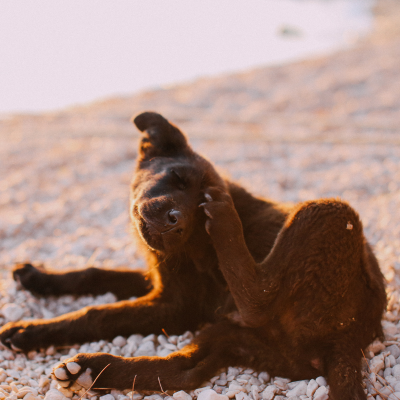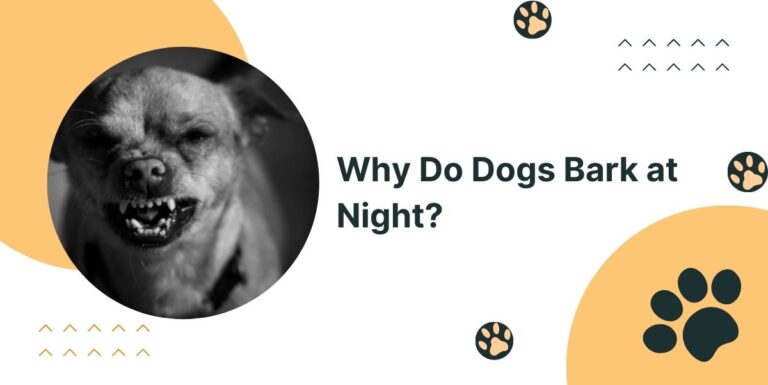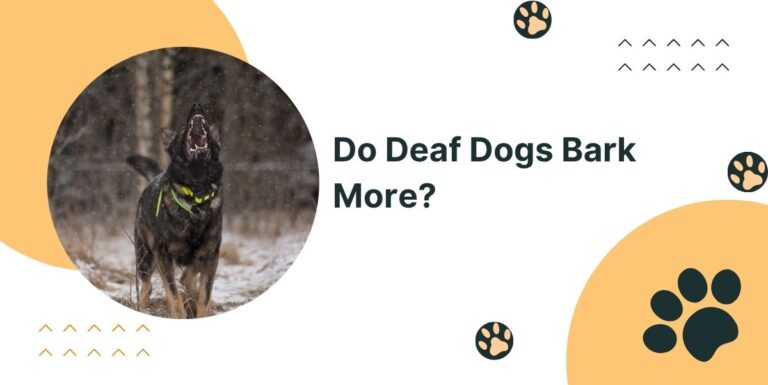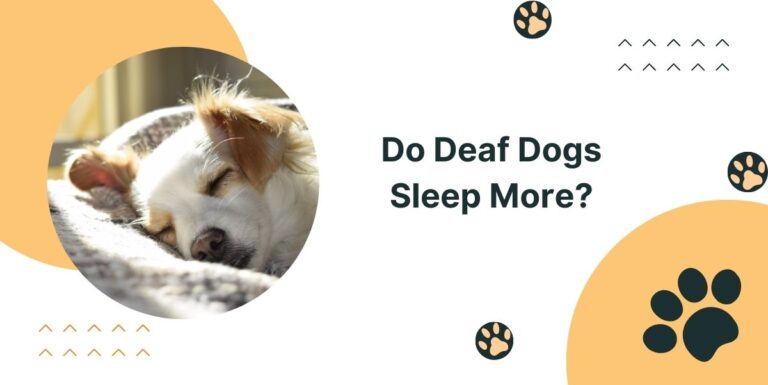It can be worrying to see your dog suddenly biting, licking, or scratching himself like something invisible is bothering him. Many pet parents notice this strange behavior and wonder if there’s a bug or something they can’t see. But in many cases, this “phantom bite” feeling is a sign that something else is going on with your dog’s health.
It’s important to know that these actions aren’t always caused by fleas or ticks. Sometimes, they point to deeper issues like skin allergies, dryness, pain, or even stress. Knowing the real cause will help you take the right steps to help your dog feel better.

Understanding the causes and knowing what steps to take can help your dog feel better and prevent more serious problems.
Common signs your dog shows when acting like something is biting them
Watch for these signs that may indicate skin issues in your dog
- Suddenly scratching or biting a certain area
- Snapping at the air as if something’s flying around
- Licking paws, legs, or other body parts too much
- Spinning in circles or chasing their tail or back end
- Whimpering or looking uncomfortable
- Not able to sit still or calm down
- Biting or chewing their skin until it turns red or sore
- Jerking or yelping for no clear reason
- Red, itchy, or swollen skin
- Hair loss or bald spots
- Scabs, open sores, or wet, irritated patches (hot spots)
- Getting upset when you touch certain areas
- Constantly turning their head to check their back or sides
These signs can help you figure out if your dog is feeling itchy, in pain, or uncomfortable.
| Category | Specific Signs |
| Behavioral | Excessive scratching, licking, chewing, biting at skin/paws/tail, rubbing against furniture/walls, restlessness, agitation, head shaking, pawing at face/ears, scooting (dragging rear on ground). |
| Skin & Coat | Redness, inflammation, rashes, hives, hair loss (alopecia), scabs, open sores, crusty patches, dry/flaky skin (dandruff), “hot spots” (moist, red, inflamed areas), thickened/leathery skin (lichenification), foul odor from skin, saliva staining on fur. |
| Other Potential | Discolored ring around a bite (flea), ear discharge, limping, changes in energy/appetite/thirst (for systemic issues), changes in overall behavior (anxiety, depression, withdrawal). |
Reasons why your dog acts like something is biting them
1. Ticks, fleas and other parasites
This is probably the most common reason for this behavior. Even if you can’t see them, fleas can be hiding in your dog’s fur.
What to look for:
- Tiny black specks in your dog’s fur (flea dirt)
- Red, irritated skin
- Your dog focusing on areas like the base of the tail, behind ears, or belly
- Small red bumps on the skin
What you can do:
- Use a flea comb to check for fleas and flea dirt
- Talk to your vet about the best flea prevention products
- Wash your dog’s bedding in hot water
- Vacuum your home thoroughly, especially carpeted areas
2. Skin allergies
Just like humans, dogs can be allergic to many things in their environment or food.
Common allergens include:
- Certain foods (chicken, beef, wheat, corn, dairy product)
- Pollen and grass
- Dust mites
- Cleaning products
- Fabrics or materials
Signs of allergies:
- Red, inflamed skin
- Constant scratching or licking
- Ear infections that keep coming back
- Watery eyes or runny nose
- Hot spots (red, moist, irritated patches of skin)
3. Hot spots
Hot spots are painful, inflamed areas of skin that can appear suddenly. They’re often caused by excessive licking, scratching, or biting of one area.
What causes hot spots:
- Allergic reactions
- Insect bites
- Poor grooming
- Stress or boredom
- Thick coats that trap moisture
How to identify hot spots:
- Red, moist, and painful-looking patches
- Hair loss in the affected area
- Strong odor from the spot
- Your dog obsessively licking or biting the area
4. Dry or irritated skin
Sometimes the problem is as simple as dry skin, especially during winter months or in dry climates.
Causes of dry skin:
- Low humidity
- Over-bathing or using harsh shampoos
- Poor diet lacking essential fatty acids
- Certain medications
- Age-related skin changes
5. Anxiety and stress
Dogs can develop compulsive behaviors when they’re stressed, anxious, or bored. This might start as a response to a real irritant but continue even after the original problem is gone.
Signs it might be behavioral:
- The behavior happens at specific times (when you leave, during storms)
- Your dog seems otherwise healthy
- The behavior started after a major change in routine
- No physical cause can be found
Common triggers:
- Moving to a new home
- Changes in routine
- Loud noises or storms
- Separation anxiety
- Lack of mental stimulation
6. Pain or injury
Sometimes dogs bite at areas that hurt, even if you can’t see an obvious injury.
Possible pain sources:
- Muscle strains
- Arthritis (especially in older dogs)
- Internal pain that they can’t pinpoint
- Old injuries that are bothering them
- Dental pain (which might cause face rubbing)
7. Other skin conditions
Several skin conditions can cause intense itching:
- Mange: Caused by tiny mites burrowing into the skin
- Bacterial infections: Often secondary to other skin problems
- Fungal infections: Like ringworm
- Contact dermatitis: From touching irritating substances
8. Nerve or Spinal Issues
Sometimes, a pinched nerve or spinal pain can cause strange sensations like tingling or “zaps” that make your dog jump or bite at his back.
9. Anal Gland Problems
If your dog keeps looking at his back end or scoots across the floor, his anal glands might be full or infected. This can feel like a sharp pinch or pressure.
10. Medical Disorders
Less common but possible causes include hormonal imbalances, autoimmune diseases, or neurological conditions (such as “fly biting” syndrome, where the dog appears to snap at invisible things due to underlying medical problems).
When to see the vet immediately?
While occasional scratching is normal, you should contact your vet if:
- The behavior is constant or getting worse
- You see open wounds, bleeding, or raw skin
- Your dog seems to be in pain
- There are signs of infection (bad smell, pus, excessive redness)
- Your dog is losing sleep or can’t relax
- The behavior started suddenly and is very intense
- You notice other symptoms like loss of appetite or lethargy
Dogs rely on us to recognize and act when they’re uncomfortable. Prompt care helps prevent minor issues from turning into major problems and keeps your pet happy and healthy.
What you can do at home
- Bathe your dog with gentle, vet-recommended shampoos
- Clean the wound with betadine properly
- Consider an Elizabethan collar (cone) temporarily to stop scratching or licking
- Apply a cool, damp cloth to inflamed areas for relief
Prevention tips for dog parents
- Take your dog to the vet regularly to catch any health issues early
- Use flea and tick prevention all year, even if you don’t see any bugs
- Keep your home clean and vacuum often to reduce dirt and pests
- Feed your dog good-quality food that supports healthy skin and coat
- Don’t bathe your dog too often – once a month is enough unless they get really dirty
- Pay attention to any changes in your dog’s behavior and act quickly
- Keep your dog busy and happy with toys, walks, and fun activities
- When trying new food or shampoo, do it slowly to see if it causes any allergies
NOTE: Visit vet immediately as skin problems can get worse if not treated. Never use human creams or shampoos on your dog. Healing takes time, be patient with the process. Finish all vet treatments, even if your dog looks better. Keep notes of when the behavior starts and what might be causing it
If your dog acts like something is biting him, he’s not just being dramatic. It’s his way of saying “I need help.” With the right care and attention, you can figure out the cause and help him feel better. Don’t ignore the condition because it can lead to some serious health issues as well. Approach the veterinary doctor if the condition get worst and let them examine and give you the best medication for treating it.
Common questions pet parents ask
Is it normal for dogs to suddenly act like they’re being bitten?
Dogs suddenly act like they’re being bitten, can be the sign of something’s bothering them, physically or emotionally, or it can be any food allergy.
Can it go away on its own?
Sometimes the behavior stops on its own, but not always. If the cause isn’t treated, it can come back or get worse. It’s better to find out what’s bothering your dog and fix it early.
Can food allergies cause this?
Yes. Some dogs react to ingredients like chicken, wheat, or dairy with skin problems.
Should I give my dog an anti-itch cream?
Only if recommended by a vet. Don’t use human cream on dog as it can be toxic to dogs.




